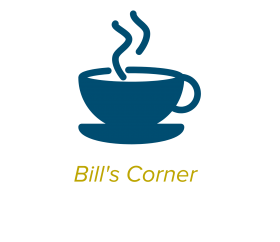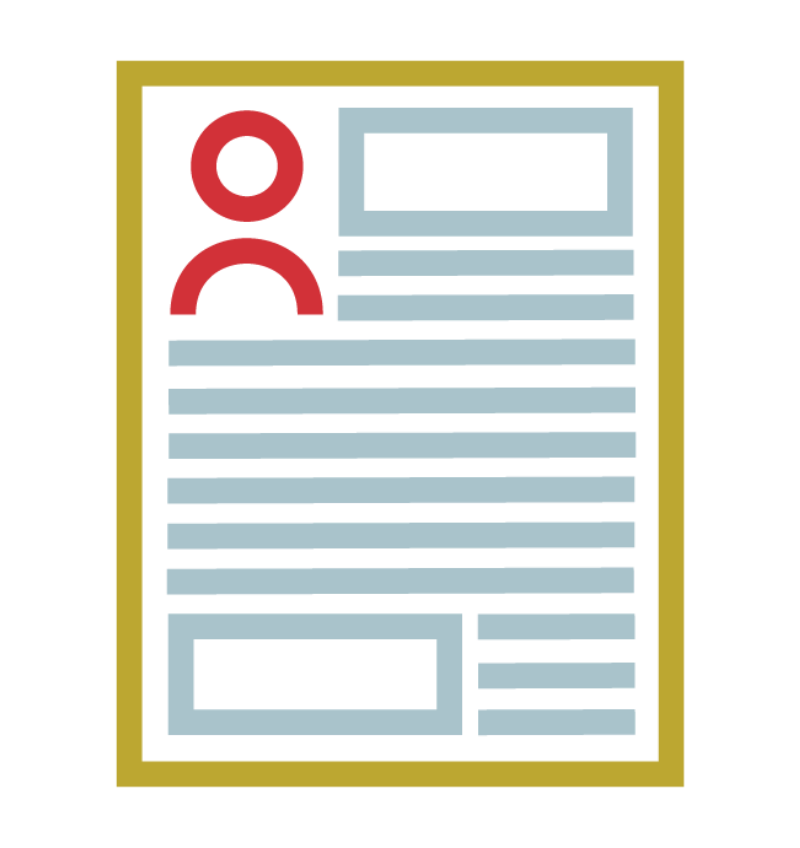The events of the past two plus years—including the pandemic, a heightened political and social climate, and an increased dependency on technology—have impacted what organizations are seeking in new talent. In today’s market, there are several skillsets that, long considered valuable, have only become more so. Simultaneously, a need for new kinds of proficiencies has also arisen.
In this article, I outline the skills that we most frequently hear employers name as desirable when considering candidates these days, as well as the questions they often ask to assess these skills. At the same time, this can be useful information for candidates, as they anticipate what is on the minds of potential employers and how to adjust their resumes and interview approaches accordingly.
 Possible employer question:
Possible employer question:
“Can you provide an example of how you have used complex data to solve a problem?”
Context for candidate:
The ability to collect and interpret complex information to solve problems in data-centric ways is increasingly in high demand, and evidence of statistical competency is a real plus.
 Possible employer question:
Possible employer question:
“What new relevant skills have you acquired in the last 3 years?”
Context for candidate:
This question offers an opportunity to display your desire to learn, as well as how self-motivated you are. These are highly valuable traits from an employer’s perspective, especially if you will be taking on responsibilities where you may lack direct experience.

 Possible employer question:
Possible employer question:
“How have you identified, engaged, and sustained new constituencies?”
Context for candidate:
Constituencies can be internal—such as when an IT manager needs to get buy-in from staff as new CRM users—or constituencies can be external—such as when a university fundraiser seeks to engage non-alumni prospects. In both cases, success rests on the ability to not only build but maintain long-term relationships.
 Possible employer question:
Possible employer question:
“Which digital platforms/tools have you utilized in executing your responsibilities? How did you gain proficiency with these platforms/tools?”
Context for candidate:
These questions will shed light not only on your comfort with specific digital platforms and tools, but also your ability and willingness to learn new ones. You should feel comfortable asking the interviewer, as well, to share which platforms you’ll be expected to use in the role and what training you will be able to access, as needed.
 Possible employer question:
Possible employer question:
“How has diversity, equity, and inclusion impacted your work?”
Context for candidate:
This open-ended question allows you to approach your answer as you see fit, whether that be by discussing how you have contributed to your current organization’s internal DEI efforts and/or how you have helped ensure the organization’s services/programming are informed by a DEI lens. (You could also choose to share information regarding your personal commitment.)
 Possible employer question:
Possible employer question:
“What systems/processes have you created that worked? Which ones didn’t?”
Context for candidate:
Be prepared to talk about the systems/processes that failed or needed improvement; can you clearly identify what the experience taught you and how it impacted your future attempts/approach? A knack for adaptability and entrepreneurship, especially in our constantly shifting world, is highly valuable.
 Possible employer question:
Possible employer question:
“How have you been accountable in successfully motivating and leading change as part of an ad hoc team?”
Context for Candidate:
As flattened organizational styles are replacing top-down structures, it’s increasingly important to partner effectively with coworkers of differing levels and roles.
 Possible employer question:
Possible employer question:
“How have you worked with a team to develop a successful plan after reviewing competing scenarios?”
Context for candidate:
A strategic candidate will be able to review and assess information from both qualitative and quantitative sources and draw on them to create an effective path forward with a team.
(Note that the terms “design thinking,” “analysis,” “critical thinking,” and “systems thinking” often amount to strategic planning. Also note, strategic planning involves a team whereas strategic thinking could be just one person’s perspective.)
 Possible employer question:
Possible employer question:
“How have you been effective in communicating across diverse audiences? How have you used various tools and approaches to appeal to different audiences?”
Context for candidate:
This question provides you with an opportunity to share your ability to adapt your communication style depending on the audience’s specific needs. Provide examples that highlight your ability to use metrics vs. stories vs. compelling visuals, etc. to maximize results.
Keep in mind…
I’d be remiss to not name a few caveats: first, these skillsets are not mutually exclusive of one another (for instance, nearly all of these skills also require adept communication). Second, this is not an exhaustive list of the top skills many employers are seeking today. The ability to be an effective leader, hold staff teams accountable, manage and negotiate budgets, and navigate change could all easily be included. And lastly, I’ve chosen to focus on general skills that are often evident on a resume (when done well!), and have forgone listing skills that relate to specific positions/areas of knowledge, emotional intelligence, values, etc.
That said, I do hope to have captured the skillsets that are top of mind for employers in today’s market. If you have any questions or feedback, please email me at wweber@developmentguild.com.











